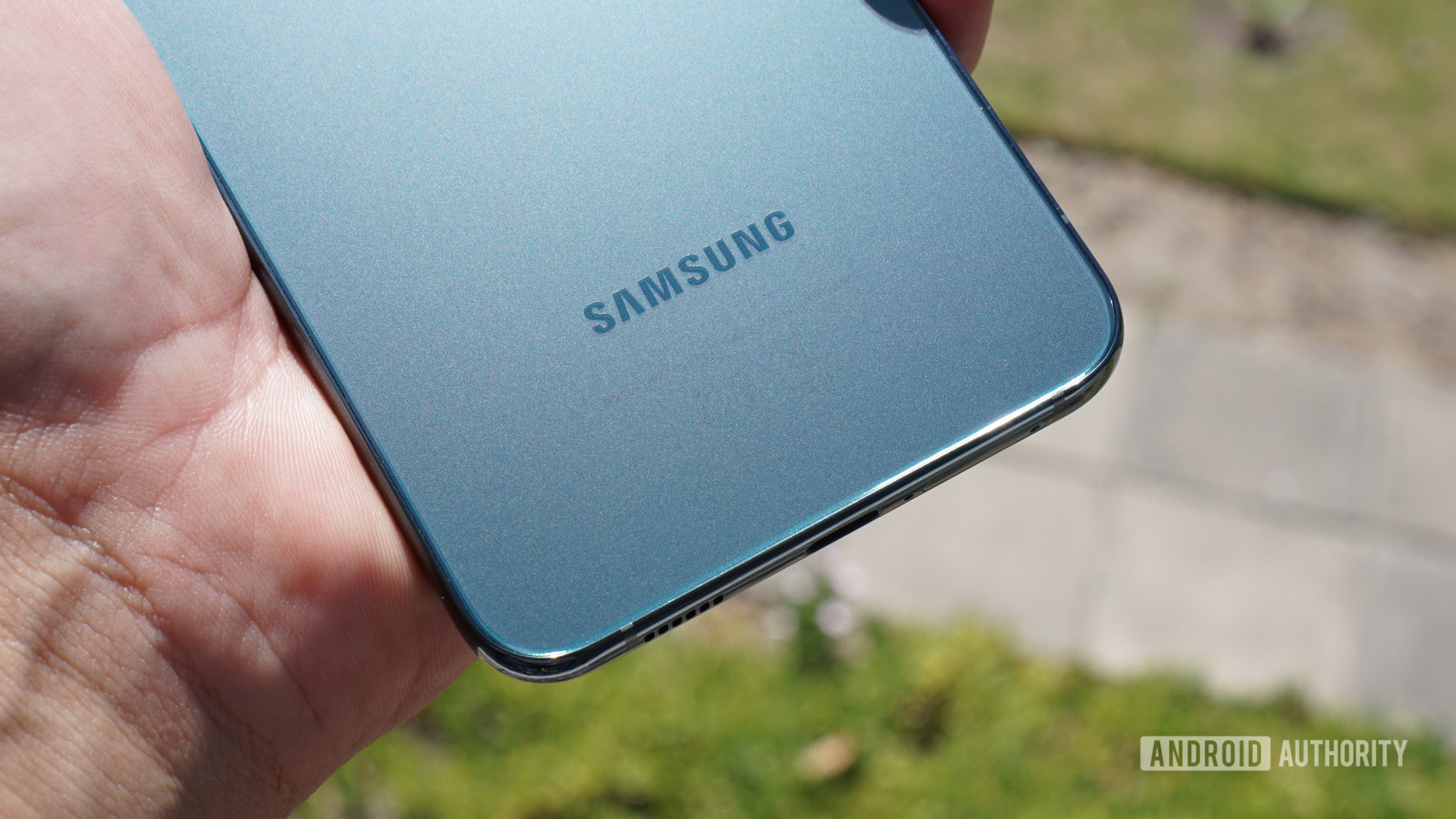Affiliate links on Android Authority may earn us a commission. Learn more.
Issues with Samsung's next-gen chips could hurt its production
Published onApril 18, 2022

- Samsung may be experiencing problems with its 3nm transition.
- The company is reportedly dealing with poor yields.
- The issues could impact the company’s production down the line.
Samsung may be struggling with 3nm manufacturing issues that could impact its ability to mass-produce chips and devices.
Samsung has been working to transition to a 3nm semiconductor design, which will allow it to produce more powerful and energy-efficient processors. With each new leap, however, the technical difficulties involved in the manufacturing process also increase. Samsung is reportedly dealing with some of those technical hurdles, struggling with poor yields that could impact mass production down the line.
According to the Korean-language Businesspost.kr, via SamMobile, Samsung Foundries is dealing with sub-par yields. It’s believed the initial runs of Samsung’s 3nm chips will be used for its own Exynos line of semiconductors, most likely the successor to the Exynos 2200. Given Samsung’s desire to use its own chips and reduce reliance on Qualcomm, if the reports are true, it could lead to supply constraints for its flagship devices.
Read more: Beyond 7nm — the race to 4nm is Samsung’s to lose
In addition to moving from 4nm to 3nm, Samsung is also the first to use GAAFET (Gate all around FET), rather than the established FINFET (Fin FET) design. GAAFET is a new transistor design that is necessary to move chips below the 3nm threshold, as FINFET has physical limitations that make it unsuitable.
It’s entirely possible that the move to GAAFET has helped contribute to Samsung’s problems since the new design requires a different approach. Intel tried using GAAFET with its 7nm processors before postponing the move due to similar issues to those Samsung is reportedly facing.
Interestingly, TSMC has decided not to adopt GAAFET for its 3nm semiconductors, waiting until it moves to 2nm to implement the new transistor design. While the approach may not be as “innovative” as Samsung’s, TSMC has a reputation for a higher-yield, higher-quality manufacturing process than Samsung. If the reports are true, Samsung’s current issues would do little to change that reputation.